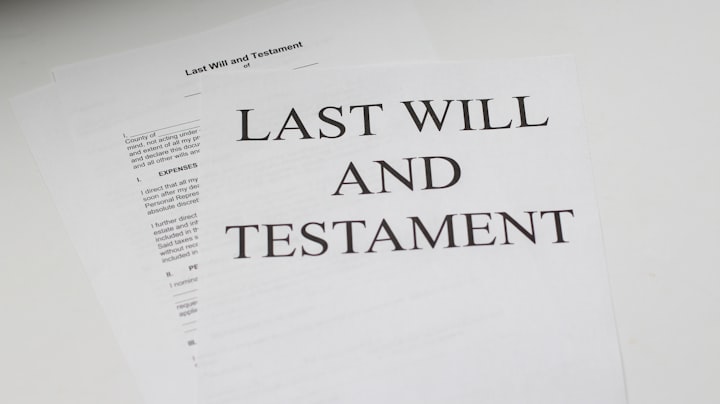What is a Lasting Power of Attorney and should I have one?
A lasting power of attorney is a legal document that appoints someone to represent you if you become unable to act for yourself.

A lasting power of attorney is a legal document that appoints someone to represent you if you become unable to act for yourself. The person does not have to be a professional. They do, however, need to be someone you can trust to promote your best interests in what can be complex and challenging situations.
To explain further, LPA solicitors in Matlock, Lovedays Solicitors share their expertise regarding Lasting Power of Attorney and if it’s right for you.
The basics of powers of attorney
Since 2007, powers of attorney have come in two main forms. These are ordinary and lasting. Lasting powers of attorney are further split into two forms. These are health and welfare decisions and property and financial decisions.
Prior to 2007, there was an additional form of power of attorney called enduring power of attorney. If you created one of these it will still be valid (provided that there is no specific reason for it to be invalidated). It may, however, not be sufficient. This is because EPAs only dealt with financial matters, not welfare ones.
Both OPAs and LPAs have to be set up when you have mental capacity. That is to say when you are capable of making informed decisions for yourself. If you are left incapacitated without an LPA then your family would need to apply to the Court of Protection to appoint a Deputy. This is a much more complex process and hence requires a lot more time and money.
Having an LPA in place is the only way to ensure that your wishes are respected should you become unable to express them. Neither spouses/civil partners nor blood relatives will automatically be given control over a person’s affairs if they become incapacitated. Decisions will be made by a government-appointed official.
OPAs v LPAs
Although OPAs and LPAs both fulfil the same basic purpose, there are significant differences between them. OPAs can only be used when you have mental capacity. They are essentially for convenience and in some cases safety.
For example, if you are particularly vulnerable to COVID19, you might use an OPA to delegate some or all decision-making authority to someone else. They could then act on your behalf while you limit your potential exposure to the virus.
By contrast, an LPA is only activated when you are deemed to lack mental capacity. It then becomes the attorney’s responsibility to make decisions in your best interests. Generally, this will mean taking the decisions they believe you would have taken in that situation had you been able to do so.
The practicalities of LPAs
In principle, anyone can set up an LPA. In practice, they generally only have value to adults as minor children usually have limited competence in any case. All attorneys need to be over 18. There are no other hard-and-fast restrictions on who can be an attorney.
With that said, all powers of attorney need to be registered to be valid. This registration includes a four-week period during which interested parties can raise an objection. Furthermore, the Office of the Public Guardian (OPG) oversees LPA applications. It can and will reject applications if it thinks they are unsuitable. There are a wide number of reasons why it could do this. Most of them, however, revolve around the concern that the potential attorney cannot or will not act in the donor’s best interests.
While this is extremely rare, it does highlight the importance of choosing your attorney or attorneys with care. In addition to having the practical skills and judgement needed to perform the role, they also need to have the time to do so. For this reason, it may be best to appoint more than one attorney and divide responsibilities between them.
This division can be made in any way you wish. For example, you could have one main attorney and one or more backups. You could have your attorneys act jointly or separately or jointly in some instances and separately in others. You could also divide up responsibilities according to their expertise and/or time.
About the Creator
Nannette Kendrick
Nannette Kendrick is the Head of New Business and Marketing at Lovedays Solicitors who specialise in Family Law, divorce and property services such as conveyancing.
Enjoyed the story? Support the Creator.
Subscribe for free to receive all their stories in your feed. You could also pledge your support or give them a one-off tip, letting them know you appreciate their work.






Comments
There are no comments for this story
Be the first to respond and start the conversation.